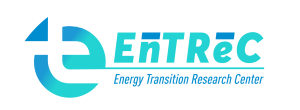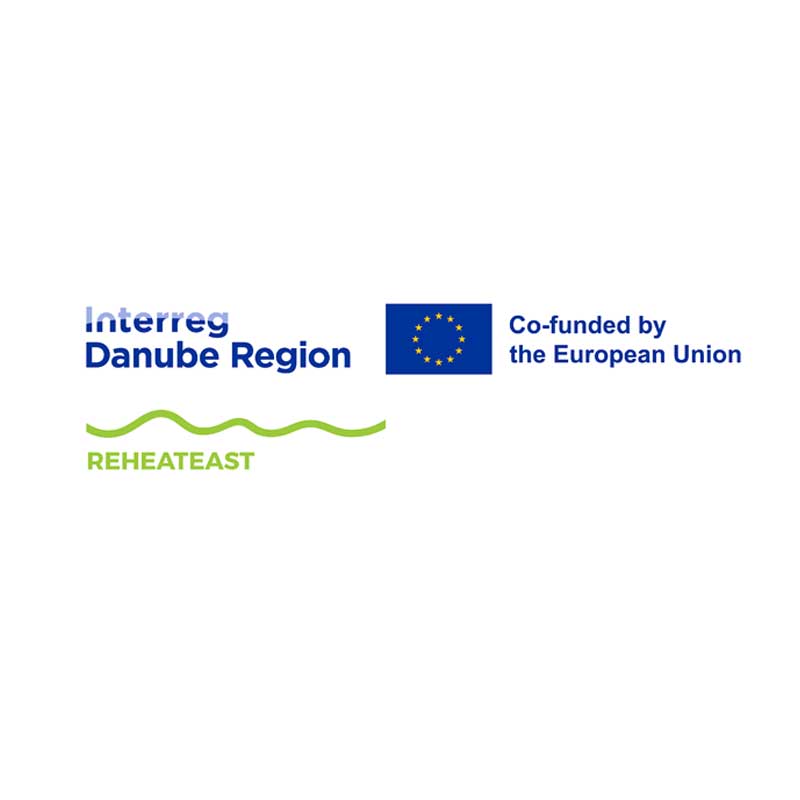Building Local Partnerships for Reducing the Fossil Energy Demand of District Heating Systems in the Eastern Danube Region – REHEATEAST
MAIN OBJECTIVES
- The overall objective of REHEATEAST is to find and promote catalytic measures and widely adaptable solutions to the financial and environmental sustainability challenges of DHC systems in the Eastern Danube Region. This can significantly reduce fossil energy demand and increase the share of renewable energy and waste heat utilisation. To this end, the project focuses on partnership building, knowledge-sharing, awareness raising and enhancing cooperation between relevant stakeholders.
RELEVANT RESULTS
- Organisations with increased institutional capacity due to their participation in cooperation activities across the borders: 34
- Solutions taken up or up-scaled by organisations: 2





